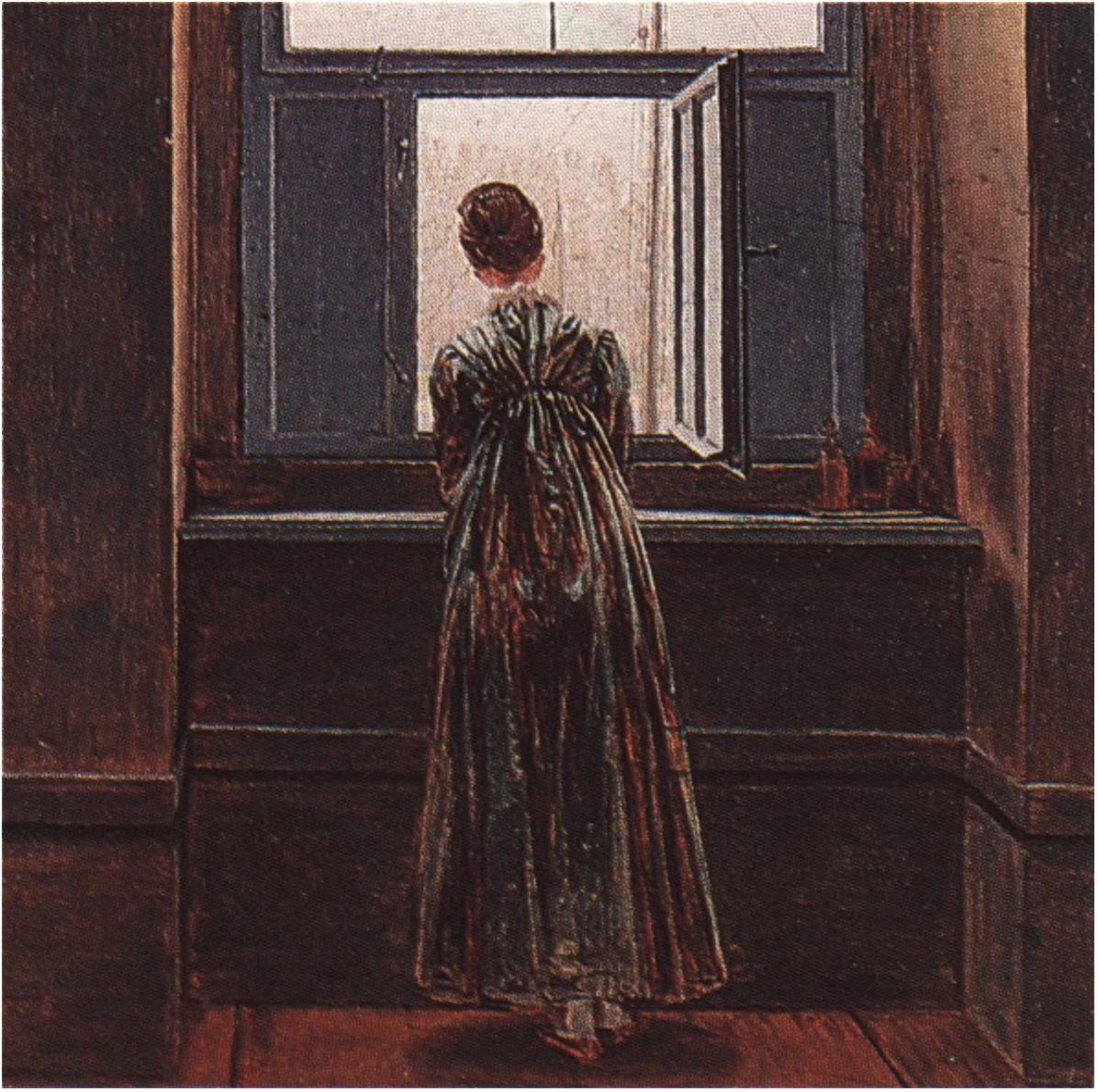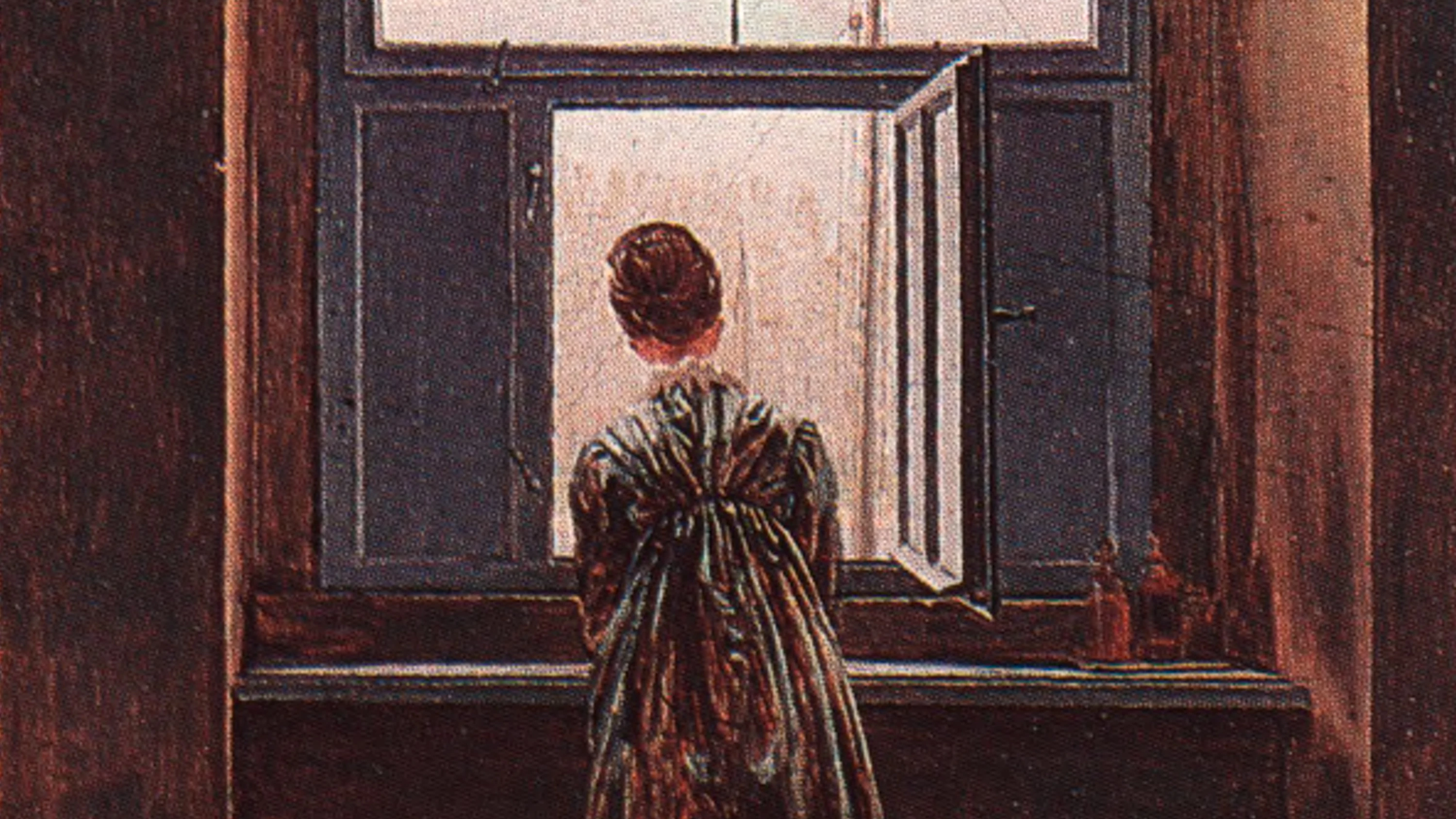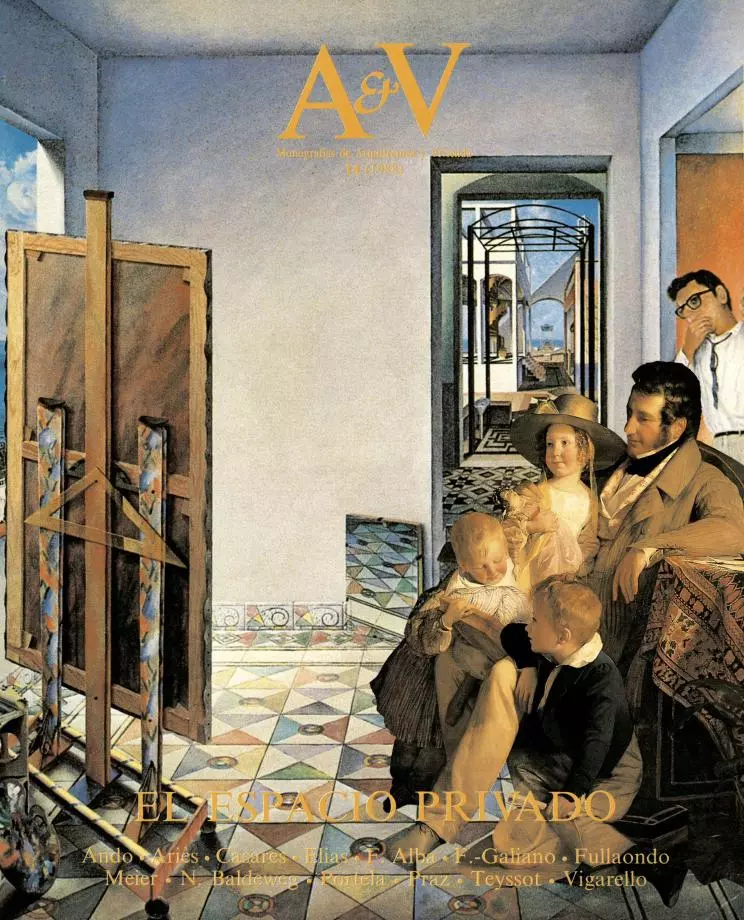
I would change this room a bit. I would sink the real bedroom up to there, at the back... I would allow myself the luxury of having all sorts of intimate knick-knacks and meaningful secrets... The cell, or the chapelle, at the edge of the densely-populated world but, above all, a honeycomb cell unto itself, made to measure, a goblet for the memory.
Carlos Barral
There is a venial narcissistic culture that knows nothing of mirrors, a background noise that recognizes its own skin in the trembling of fingers. It is alert to everything that avoids a gaze, it explores memory with touch.
Along with this narcissism that belongs to interior history, there are many narcissists with a rigorous eye: postmodernists looking through a stylistic rearview mirror, revived constructivists gazing at themselves in the shattered looking glass o f a B-movie. Interior figures, pathetic and friendly, skirmishing with time and weariness.
Shutting oneself o ff from the world is an invitation to a self-absorbed journey. There is no territory that offers less certainty, and if any frontiers remain they are all interior ones. I f there are risks of passage, they are hidden in the foliage of everyday places. I f adventure exists, it is intimate and trivial.
Penetrating a house is like penetrating a body or a soul. In her Hymn to Her, Chrissie Hynde sings:
«Let me inside you
into your room
I've heard it ’s lined
with the things you don't show.»
Let me inside your room and inside you. Inside that terrible and delicate threshold inquiries are hushed. There is no greater violation than that of one's home.
A private space, but deprived of what? asks the radical rhetorician. A remnant left over from the vast public world or a carefully-constructed bubble of intimacy? Is it deprived of public control or the expression of individual will? Nobody knows if private places are residues or plans.
Vestige or fermentation, private space contains the cultures of the last remaining narcissism. A tireless defender of the tender nut of intimacy, the new narcissist participates in social drama from the secret fortress of his or her interior house. No matter how tiresome the paradox may be, it is possible that the public hope of our times lies precisely in the private solidity of all the mirrorless narcissists who live in distant places.






